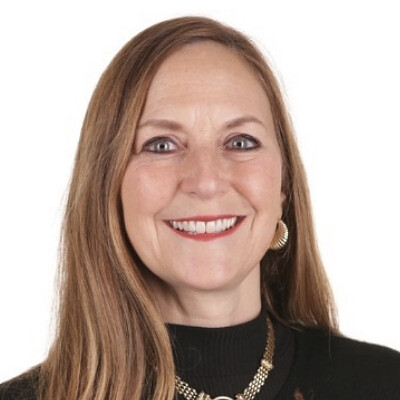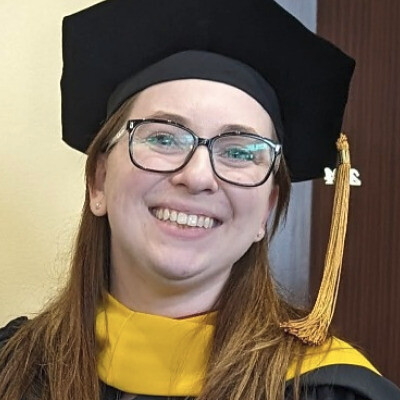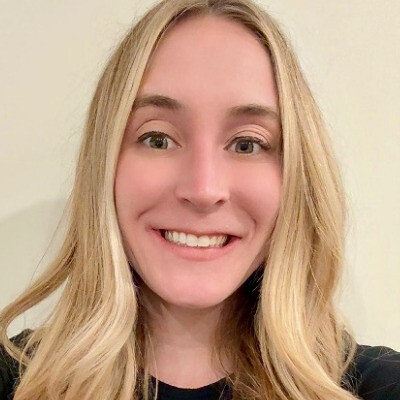The Center for Disease Control (CDC, 2024) defines personal health literacy as “the degree to which individuals have the ability to find, understand, and use information and services to inform health-related decisions and actions for themselves and others.” Improving health literacy is an ideal, shared value, and ethical responsibility of all team members in collaborative, patient-centered care in addition to improving patients’ trust and health equity (CDC, 2024). Thus, it is an ideal topic to bring two or more professions together for interprofessional education (IPE). This presentation meets the theme of Person, Family, and Community-Engaged Practice and Education by emphasizing health literacy as a critical component in educating future health professionals to improve the sensitivity of providers, especially in our urban Philadelphia area.
This talk will present findings from qualitative analysis of an IPE experience focused on health literacy delivered across three academic years and two graduate-level health professional programs: Doctor of Osteopathic Medicine (DO) and Doctor of Psychology (PsyD) in Clinical Psychology. Examining medical students’ self-reflections offers understanding of the impact of interprofessional training on future healthcare providers’ knowledge, skills, and attitudes. The session included a one-hour presentation from a team of clinical psychologists and a patient representative with use of publicly available video modules offering additional patient perspectives. The didactic emphasized the importance of understanding patients’ beliefs, values, and communication needs in healthcare and the providers’ responsibility in making health information useful. One hour of small group interprofessional case-based role-plays focusing on medical intervention and psychological education helped students practice inquiring about literacy, health literacy, and delivering information in a useful manner. The aims of the module were to increase interprofessional learning, knowledge, and skills, and foster attitudes of inclusivity and awareness. Data includes 108 self-reflections from second (101) and fourth (7) year DO students about this experience. The data was coded, organized and analyzed using ATLAS.ti and 10% was also coded by the research team for validity. The multidisciplinary research team consists of faculty, a postdoctoral fellow, graduate healthcare students, and a patient representative. The patient representative was a key component of the intervention delivery and the evaluating research team. Findings inform curriculum development and teaching strategies aimed at fostering effective interprofessional collaboration, health literacy, and improving patient care.
In support of improving patient care, this activity is planned and implemented by The National Center for Interprofessional Practice and Education Office of Interprofessional Continuing Professional Development (National Center OICPD). The National Center OICPD is accredited by the Accreditation Council for Continuing Medical Education (ACCME), the Accreditation Council for Pharmacy Education (ACPE), and the American Nurses Credentialing Center (ANCC) to provide continuing education for the healthcare team.
As a Jointly Accredited Provider, the National Center is approved to offer social work continuing education by the Association of Social Work Boards (ASWB) Approved Continuing Education (ACE) program. Organizations, not individual courses, are approved under this program. State and provincial regulatory boards have the final authority to determine whether an individual course may be accepted for continuing education credit. The National Center maintains responsibility for this course. Social workers completing this course receive continuing education credits.
The National Center OICPD (JA#: 4008105) is approved by the Board of Certification, Inc. to provide continuing education to Athletic Trainers (ATs).
This activity was planned by and for the healthcare team, and learners will receive Interprofessional Continuing Education (IPCE) credit for learning and change.


Physicians: The National Center for Interprofessional Practice and Education designates this live activity for AMA PRA Category 1 Credits™. Physicians should only claim credit commensurate with their participation.
Physician Assistants: The American Academy of Physician Assistants (AAPA) accepts credit from organizations accredited by the ACCME.
Nurses: Participants will be awarded contact hours of credit for attendance at this workshop.
Nurse Practitioners: The American Academy of Nurse Practitioners Certification Program (AANPCP) accepts credit from organizations accredited by the ACCME and ANCC.
Pharmacists and Pharmacy Technicians: This activity is approved for contact hours.
Athletic Trainers: This program is eligible for Category A hours/CEUs. ATs should claim only those hours actually spent in the educational program.
Social Workers: As a Jointly Accredited Organization, the National Center is approved to offer social work continuing education by the Association of Social Work Boards (ASWB) Approved Continuing Education (ACE) program. Organizations, not individual courses, are approved under this program. State and provincial regulatory boards have the final authority to determine whether an individual course may be accepted for continuing education credit. The National Center maintains responsibility for this course. Social workers completing this course receive continuing education credits.
IPCE: This activity was planned by and for the healthcare team, and learners will receive Interprofessional Continuing Education (IPCE) credits for learning and change.
Learners can claim CE credit by completing the Daily Evaluation.






